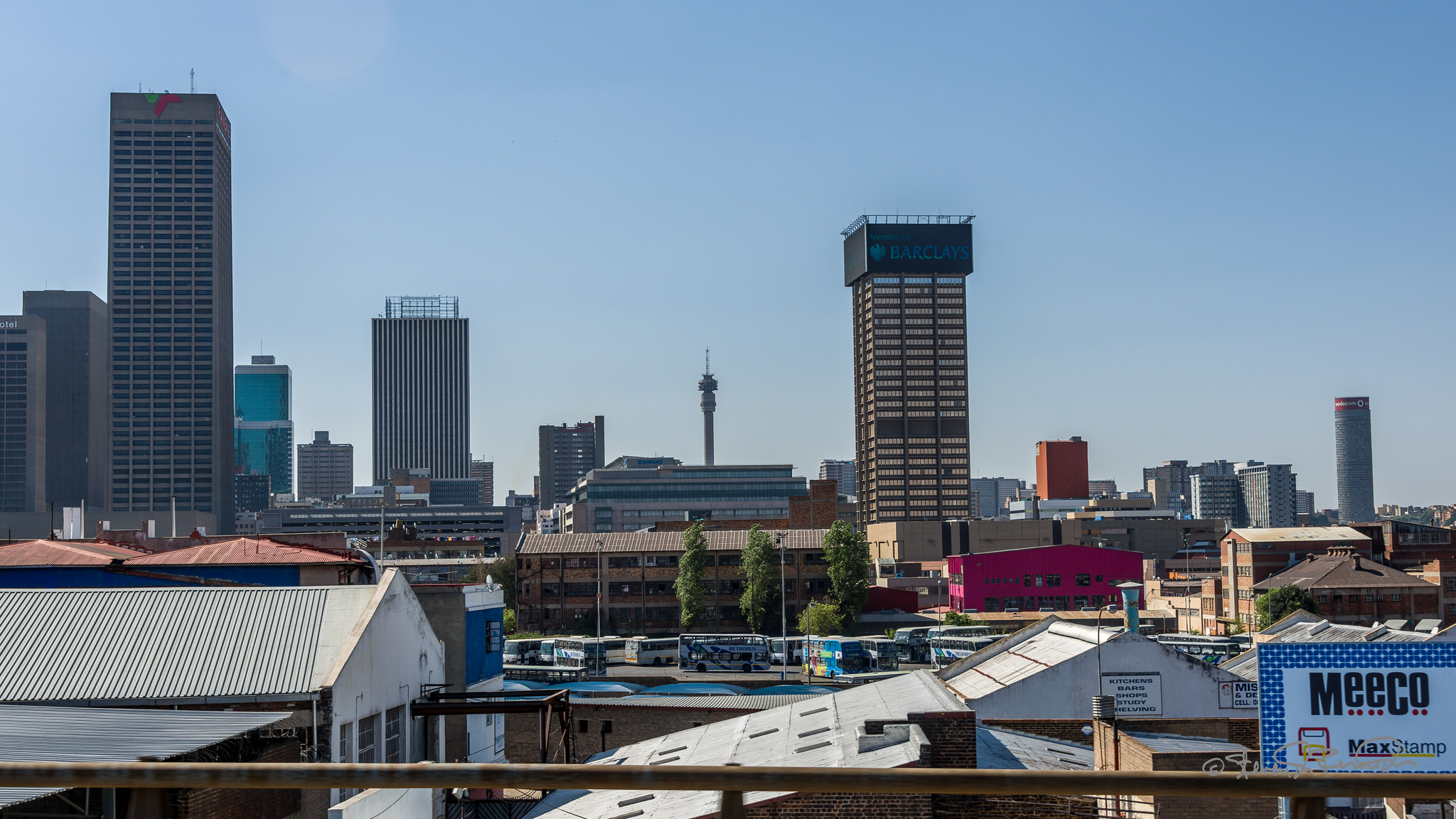There is a whole body of literature on the psychogeography of Johannesburg – many books with titles like “Space of Mind: Remembering and Forgetting in Johannesburg.” “Unruly Geographies: Cartographic Consciousness and Networks of Loss on the Witwatersrand.” I made these ones up, but they could very easily be real, as anyone who has even once attended a South African academic conference would tell you. Some of the titles are less alienatingly conference-esque. Just stuff like: Finding Johannesburg. Losing Johannesburg. Losing Myself and Finding Johannesburg. And so on.
It seems there is an inexhaustible public appetite for books about the hidden face of the city, or about the taut, vibrating connection between Johannesburg as a Physical Space and Johannesburg as Idea. When I’m not actually in Joburg, I cannot understand the point of these books, or at least I struggle to understand why there are so many of them. Why are there not any books called, I don’t know, “The Thinking Flaneur’s Guide To Durban”? Durban is also a weird place, also entirely warped and fucked up by apartheid spatial planning. Cape Town too, obviously, and East London and Port Elizabeth and and and. All cities in South Africa make you insane when you look at them in a map and think about the forced removals, and the spatial planning of the townships, and the labour dormitories, and the fact that the animating principle behind every aspect of their design was “physically separating black people from white people.” Joburg isn’t different, in this regard, and whenever I am not actually physically in the city, I cannot work out why so many people spend so much time paying it an inordinate-seeming amount of attention, and then I get there and I remember that Joburg feels different from any other place on earth. This is a hugely inadequate way of describing it, but that is part of the problem, and probably part of the reason why so many people have written so many books on the subject “Joburg: It Makes Me Feel Weird.”
Here are some facts about the city:
· 40% of all the world’s human ancestor fossils have been discovered in and around Johannesburg.
· It’s the world’s largest city that isn’t located near a coastline or navigable river.
· Boiling an egg takes one minute longer in Johannesburg than on the South African coast
· It has the largest acute [U.S.: “acute care”] hospital in the world
· Under Johannesburg there is a mine void five times the volume of Lake Kariba
· Residents of Johannesburg and surrounding communities live among an estimated 600 000 metric tons of uranium buried in waste rock and covering an area four times the size of Manhattan.
Even reading this makes me feel weird. Any one of these Facts is easily enough to generate shelves and shelves of literature on the unsettling strangeness of the city, and taken together they make me feel like I just stuck a fork in a toaster. It’s still not even close to enough, though. I tell this story often, but I was once driving with my cousin in Joburg and a car reversed sharply out the driveway in front of us. It moved diagonally across the road, getting faster and faster, and we both watched as it backed straight into a lamppost. My cousin said, Weird. There’s nobody in that car. The alarm started going off, and a garage door opened across the road. The owner of the car came out into the street and said Fuck. I must of not pulled up the handbrake. He looked inside the window and shook his head. Nope, he said, handbrake’s up. And then he just got in and drove it back into the garage. This could have been a Faulty Brakes Issue, but it’s just as likely that it’s a Joburg is Bizarre Issue. It probably happens to him like once a week. It makes me feel like I need to drive on the other side of the road, or like my hair is a different colour, or like something other than milk is going to come out of the carton when you pour it. Again, this is not even close to describing what it feels like, but this is a common problem.
Rosa Lyster







